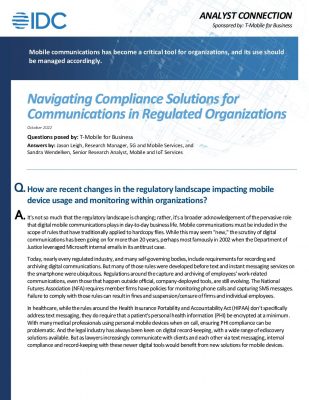Highlights:
- In recent years, the SEC has denied many requests to introduce Bitcoin spot ETFs, citing underlying claims that the cryptocurrency markets are susceptible to manipulation.
- SEC Chair Gary Gensler stated that the SEC still believes that Bitcoin and other cryptocurrencies are troublesome and volatile investments and that the approval of the spot Bitcoin ETFs does not represent an endorsement of Bitcoin or the broader crypto industry.
The U.S. Securities and Exchange Commission authorized proposals for 11 spot Bitcoin exchange-traded funds, raising the cryptocurrency’s price. The statement came the day after the SEC’s X Inc. (Twitter) was hacked.
After years of development, investors enthusiastically welcomed the SEC’s clearance, sending Bitcoin skyrocketing past USD 47,600 before leveling at roughly USD 46,600. After the SEC’s account was hacked and the ruling was made prematurely, the Bitcoin price spiked to USD 48,000 yesterday before falling to USD 45,100.
Investors can invest in Bitcoin without actually holding any cryptocurrency by using Bitcoin ETFs, a sort of investment fund that tracks the price of Bitcoin and is traded on conventional stock exchanges instead of cryptocurrency exchanges. A Bitcoin exchange-traded fund (ETF) is a type of investment that tracks changes in the price of Bitcoin by representing shares of a fund using Bitcoin as its main asset.
In recent years, the SEC has denied many requests to introduce Bitcoin spot ETFs, citing underlying claims that the cryptocurrency markets are susceptible to manipulation. Until now, the Chicago Mercantile Exchange’s Bitcoin and Ethereum futures contracts were the only ETFs the SEC approved.
Bitwise Asset Management LLC, Hashdex Ltd., Grayscale Investments LLC, BlackRock Inc., BZX Exchange Inc., Fidelity Investments Inc., Valkyrie Digital Assets LLC, VanEck Global Holdings Inc., Invesco Ltd., WisdomTree Investments Inc., and Franklin Resources Inc. are the owners of the 11 spot Bitcoin ETFs that have been approved so far.
SEC Chair Gary Gensler stated that the SEC still believes that Bitcoin and other cryptocurrencies are troublesome and volatile investments and that the approval of the spot Bitcoin ETFs does not represent an endorsement of Bitcoin or the broader crypto industry.
In addition, Gensler pointed out that the SEC was ultimately forced to approve the ETFs considering a decision made by the U.S. Court of Appeals for the District of Columbia, which determined that the Commission had not provided sufficient justification for its decision to deny Grayscale’s proposed fund’s listing and trading. “Based on these circumstances and those discussed more fully in the approval order, I feel the most sustainable path forward is to approve the listing and trading of these spot Bitcoin [exchange traded product] shares,” Gensler wrote.
Insights from FBI
The controversy surrounding the recent premature approval message and hack of the SEC’s X account proves that the world of Bitcoin and cryptocurrencies is never monotonous.
Top Republican on the Senate Banking Committee Tim Scott is allegedly requesting information from the SEC and its Office of Inspector General as part of an inquiry into the hack by the U.S. Federal Bureau of Investigation.
In reaction to the incident, the X safety team tweeted that a third party helped an unnamed person gain control of a phone number linked to the SEC account. The safety team also mentioned that two-factor authentication was not enabled on the account.
The last section, though, doesn’t seem to make much sense. Two-factor authentication would have been enabled if the phone number linked to the account had been compromised through SIM theft; in that case, the 2FA SMS would have been sent to the compromised number, granting the hacker access in any case. While it’s reasonable to conclude that X wasn’t at fault in this instance, its attitude is, to put it mildly, odd.






































































